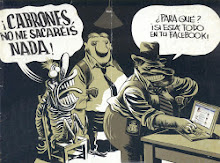Allan Massie
A priest drops dead after Mass, and the Inquisition believes the Muslims of Spain are rising up.
Sometimes when a novel is described as a “page-turner,” it’s because no page holds sufficient interest for the reader to linger on it. Matthew Carr’s “The Devils of Cardona” is a page-turner in the proper sense.
In March, 1584, the priest of a village in northern Aragon near the French border wakes, hungover, in bed with his serving-girl, and staggers to the Church to say Mass. He is brutally murdered there before he can do so. He has been a bad priest, loathing and loathed by his parishioners, who are mostly Moriscos, Spanish Muslims now converted to Christianity. It is widely believed that these Moriscos secretly continue to practise their old faith. There are stories too of a man calling himself the Redeemer, said to be fomenting a Muslim rebellion.
This novel’s hero, a judge called Mendoza, is sent to investigate the murder of the priest. The affair is of urgent political importance, for Philip II’s daughter is due to be married in Aragon and it is essential that nothing disrupt the wedding. Mendoza is, for a 16th-century Spaniard, a man of liberal views. He himself has Jewish ancestry, and as a young man fought in the great Battle of Lepanto against the Turks, and in a war in Granada against a Morisco rebellion that was, he believes, provoked by bad government. Mendoza dislikes and distrusts the all-powerful Inquisition. He is eager to solve the case before the Inquisition takes a hand.
Mendoza sets off with his page Gabriel (rescued as a small boy from a village in Granada), two constables and a cousin, a soldier of fortune, a splendid fellow who might have stepped out of a Dumas novel. Mendoza is met with distrust in the village, and has to rely on the local doctor (another Morisco) to help him pursue his investigation. We also meet a beautiful widowed countess, protective of her Morisco tenants and resisting re-marriage to the brutal son of the neighboring landowner. The question for Mendoza is: Are fears of a Morisco rebellion well-founded or is he faced with a criminal conspiracy? The Inquisition and certain men of power claim it is the former; Mendoza, with his memory of the war in Granada, and his confidence in his ability to judge character, is more sceptical.
This is a violent action-packed novel, with some surprising twists. There are brutal murders and chilling descriptions of torture. One can’t say this is merely sensational; 16th-century Spain was a harsh, often cruel place. It’s true that in the account of battles, the standard of marksmanship seems higher than is quite credible for 16th-century firearms, but this is a venial fault. For the most part Mr. Carr’s depiction of the society he is dealing with is utterly convincing. Mr. Carr has written a history of Muslim Spain, and one has the impression that this novel springs from a well-stocked mind; the author has lived with the idea of the Spain of Philip II for a long time. Philip himself, for instance, a villain in the anglo-centric historical imagination, is depicted sympathetically and persuasively. It would be in his son’s reign that Moriscos were expelled from Spain; Mr. Carr’s Philip, for all his Spanish Catholic orthodoxy, feels a paternal responsibility for them.
The novel can, justifiably, be read as an adventure story or compelling historical crime fiction, and certainly it is a satisfying example of either genre. Mr. Carr has written a gripping and enjoyable novel, and there is surely scope for his judge Mendoza to deal with other crimes and puzzles. But, inevitably, this book has a wider application and interest, given the state of the world today and the tensions between the Muslim and Christian, or Western, worlds.
There was a clash of civilizations and religions in Spain in the 16th century, with fear agitating Christians and Muslims alike. In Mendoza Mr. Carr has created a convincing hero, a man who, if not standing in the middle—for he is himself a devout Christian (and it would be odd, even incredible, if a man in his position wasn’t) nevertheless has the humanity and intelligence to see even those Moriscos whose conversion to Christianity is insincere as men and women like himself; neither virtue nor villainy is the prerogative of the followers of either faith.
THE DEVILS OF CARDONA
By Matt Carr
Riverhead, 401 pages, $27


































0 comentaris:
Publica un comentari a l'entrada